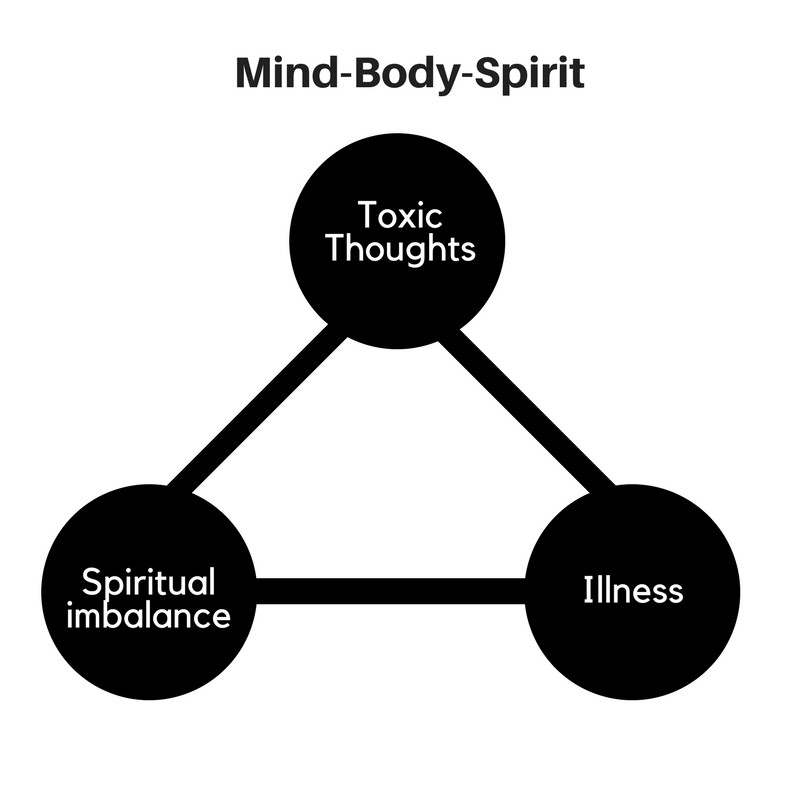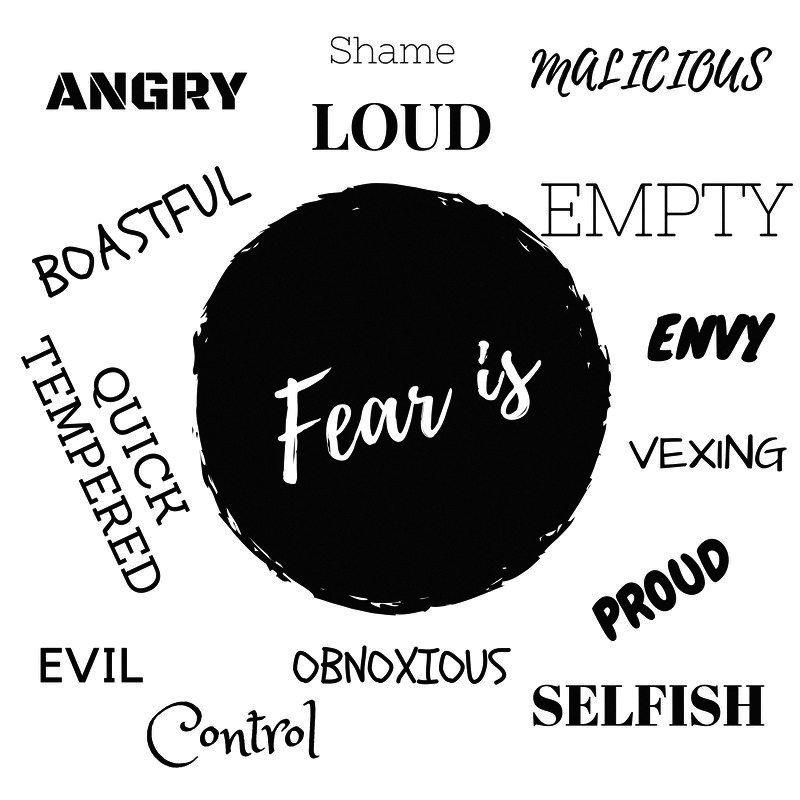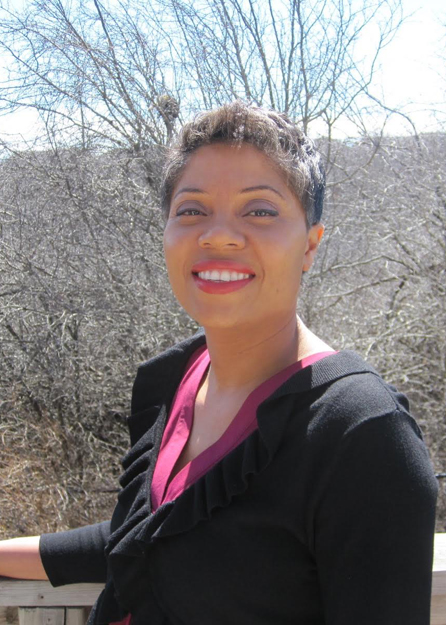Using Mind-Body-Spirit Wisdom to Overcome Depression
Depression
 Everybody experiences “ups and downs” in their lives.
Everybody experiences “ups and downs” in their lives.
When a period of low mood
or lack of interest in things we use to enjoy lasts more than
two weeks, it’s time to take notice and take action. About 3.2 million (11.3%) of all Canadians are likely to
experience depression over
their lifetime.[1] Some of the more common symptoms of depression include a persistent low mood or markedly decreased interest in things we enjoy, change in appetite or unexpected weight loss/gain, sleep disturbance, agitated
mood, fatigue, feeling guilty or worthless, poor concentration or memory, and recurring thoughts of death or suicide. Experts suggest if two to four of these symptoms are present for two or more weeks, the person is likely experiencing depression.
Depression and Spiritual Health
It is not often that we think about depression as an opportunity to spiritually awaken.
However, counsellors and psychotherapists whose approaches combine Eastern
and Western understandings of the mind, body, and spirit are challenging us to think
about mental illness in a whole new way. They suggest that depressive states are
indicative of a misalignment between our beliefs, thoughts, and daily living; and our
higher calling to love, live fearlessly, and fulfil a divine purpose connected to our lived
experiences. They ask the question: “What if depression is simply an internal
yearning to become our true selves—a vibrant, healthy, fully energized spirit?”
For centuries, Western spiritual/religious traditions have held the belief that we all
possess a personal spirit, the eternal part of our being. There is the belief, for
example, that the physical body of the first human beings did not come to life until
a spirit—breath of life—was placed inside them and established a living soul.
Similarly, for centuries, traditional Chinese medicine (TCM) has understood the
body to be energetic and sustained by Qi or Chi—a vital force that encompasses
the sense of both life and breath. According to TCM, an energy network—called
the meridian system—exists in the body, along which Qi flows and maintains life.
Fourteen major meridian channels follow the cardiovascular circulatory system,
with a network of progressively finer branches (collaterals and subcollaterals),
permeating and supplying Qi to all the cells of the body.[2] Much like blood, Qi
flows through the interspaces of muscles or the interstices between different
tissues such as bones, muscles, and blood vessels in a complete cycle every
24 hours.[3]
Spirit Imbalances and Illness
We often seek physiological explanations for our health problems. However, the
merging of Eastern and Western traditions opens the door to finding spiritual
explanations for illness. If the “personal spirit” and Qi are one and the same,
then—much like the physical body—the spirit exists in states of health or illness.
In the early 1980s, Dr. John Diamond, a psychiatrist based in Australia, studied
and identified the primary emotions connected to each meridian. The liver
meridian, for example, is correlated with emotions of happiness and unhappiness.
If Qi is diminished in that meridian for any reason, the person will feel unhappy.
Numerous techniques including natural remedies, food, laughter, exercise,
meditation, and acupuncture have been used to balance the meridians;
however, the effects are temporary. In the early 1990s, Dr. Kandis Blakely, a
psychotherapist based in the US, made a fresh discovery that forgiveness of the
events that triggered an imbalance in Qi lead to permanent rebalancing of the
meridians.
 More recently, a simple yet profound understanding of the process through which illness and disease develop in
More recently, a simple yet profound understanding of the process through which illness and disease develop in
the human body has come to light. All moments in life are filtered by our
spirit and experienced as either loving
or fearful. Loving moments generate thoughts and emotions that foster a
deep sense of connection to ourselves, others, and a divine higher power. Unloving moments generate thoughts
and emotions that foster persistent fear, leading to a disconnection from ourselves, others, and the divine. A moment that is perceived as unloving becomes a mental or physical
stressor that triggers a thought or emotional reaction that is both fear-based and toxic in nature. Inevitably, toxic fear-based thoughts compromise the
health of the spirit and register as meridian imbalances. Through a process called
“cellular mechanics,” a persistent imbalance in the flow of energy without
appropriate intervention causes illness and/or disease.
Forgiveness and Spiritual Balance
 Forgiveness is the path to love.
Forgiveness is the path to love.
It appears that the spirit exists
in states of health when we love completely and experience the
love of others. Love ensures a
complete and unhindered flow
of light and energy throughout
the body. Alternatively, fear
promotes states of illness by
creating blockages and
imbalances in the flow of light
and energy in the body. In our
day-to-day lives, love is
exemplified by behaviours such
as kindness, patience, calmness,
and flexibility. Fear is exemplified
by behaviours such as anger,
boasting, pride, violence, and
control.
 The power of these new
The power of these new
approaches lies in their ability
to use a muscle performance
test to quickly identify which of
the 14 meridians are imbalanced,
and the specific year and month
an event occurred that caused
the imbalance. Particularly in the
early stages of the therapeutic
process, priority is given to a
thorough assessment of
imbalances in the thymus,
circulation-sex (CSX), and
heart meridian.
The thymus regulates the immune system and is associated with love-based
emotions of faith, gratitude, trust, and courage, as well as fear-based emotions of
hate and envy. The CSX regulates the adrenal and reproductive glands, and is
associated with love-based emotions of generosity, relaxation, and letting go, as
well as fear-based emotions of jealousy, sexual tension, and remorse. The heart
meridian regulates the supply of energy to the heart. It is associated with love-
based emotions of affection, connection, and forgiveness, and fear-based
emotions of anger. Once the event is identified, the therapist moves the individual
through a forgiveness process and offers spiritual guidance that increase their
individual’s capacity to authentically let go. Using this approach, most individuals
recover from depression after three to eight sessions.
Love and Living Fearlessly
These approaches create opportunity for each individual to connect their life
experiences with a spiritual call that resonates with religious/spiritual traditions
around the globe—the call to love and live fearlessly. Every individual is
introduced to a profound truth; our unique moments of feeling unloved,
disconnected, and fearful have a purpose: They teach us what love is, by first
teaching us what it is not. Our greatest life challenge is to overcome the fear
created by our most unloving moments and permanently live in a place of love
as a vibrant, healthy, and energetic spirit.
References
1- Pearson, C., T. Janz, and J. Ali. “Mental and substance use disorders in Canada.”
Health at a Glance (Statistics Canada, Catalogue no. 82-624-X), 2013, 8 pages.
2- Zhang, W.B., G.J. Wang, and K. Fuxe. “Classic and modern meridian studies: A
review of low hydraulic resistance channels along meridians and their relevance for
therapeutic effects in traditional Chinese medicine.” Evidence-Based Complementary
and Alternative Medicine. Vol. 2015 (2015): 410979.
3- Xie, H.R., F.C. Li, and W.B. Zhang. “[Observation and analysis on the meridian-collateral
running track-related anatomical structure in the human body]” (article in Chinese).
Zhen Ci Yan Jiu. Vol. 34, No. 3 (2009): 202–206.
 Dr. Joan Samuels-Dennis, PhD
Dr. Joan Samuels-Dennis, PhD
Dr. Joan Samuels-Dennis is the Director and Founder of Becoming
Canada. She is an adjunct professor at Trinity Western University,
and a counsellor who combines the best of Eastern and Western
understandings of health and wellbeing. She is also the co-editor
of Becoming: The Journey to Self-Love.

 Stores
Stores